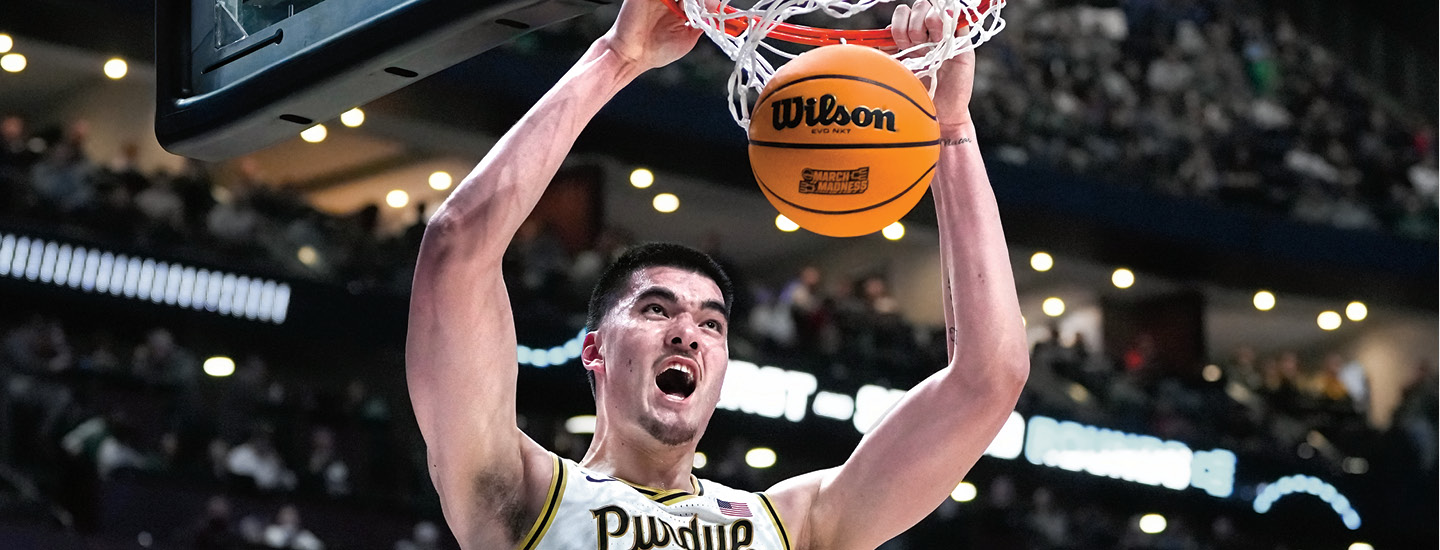The college sports establishment likes to call the athletes who play varsity sports at universities “student-athletes.” A far more accurate term would be “athlete-students.” Putting the word “athlete” first would at least let everybody know what the priorities are.
This is especially true for football and men’s basketball players. Why? Because unlike every other student who has been accepted into the universities they play for, the football and basketball players are there to generate revenue for the schools. Without their athletic ability, many of them wouldn’t have been admitted.
My belief that football and men’s basketball players should be paid is based almost entirely on economics. College football and basketball are multibillion-dollar businesses. They have billion-dollar TV deals and corporate team sponsors. The coaches for these teams earn millions. Even the assistant coaches make hundreds of thousands. Schools have money for fancy training facilities, charter jets to away games, and state-of-the-art arenas. Yet the labor force—and that’s what the players are—gets nothing. Name another industry where labor gets nothing. You can’t.

